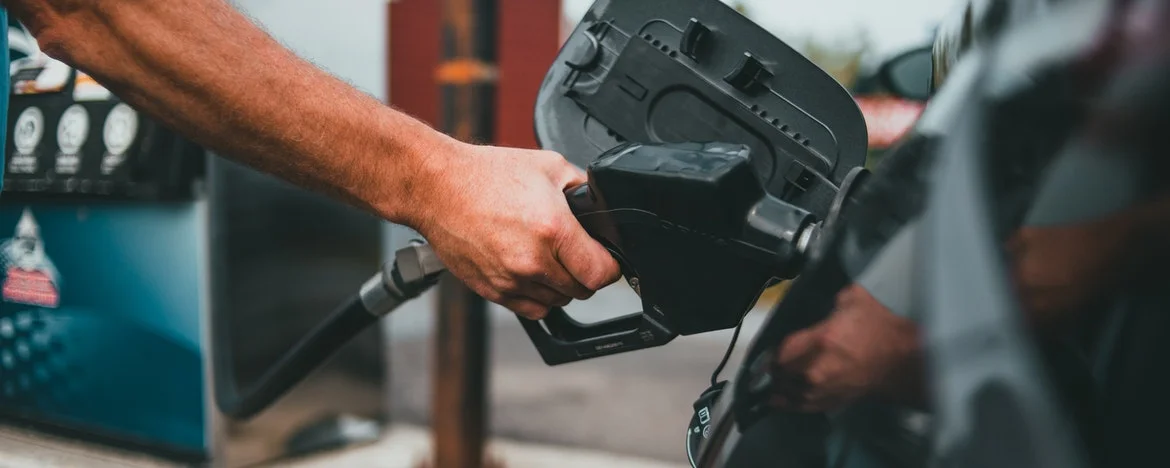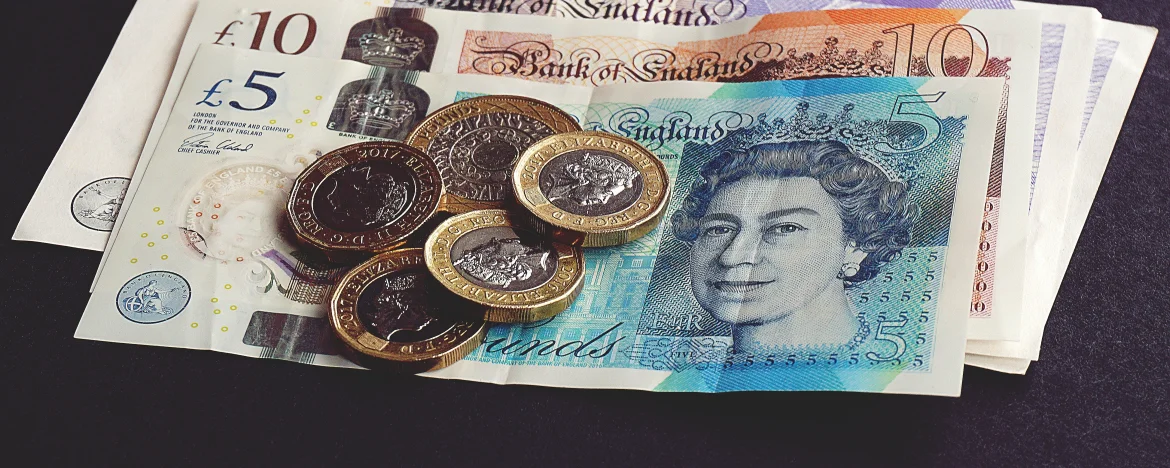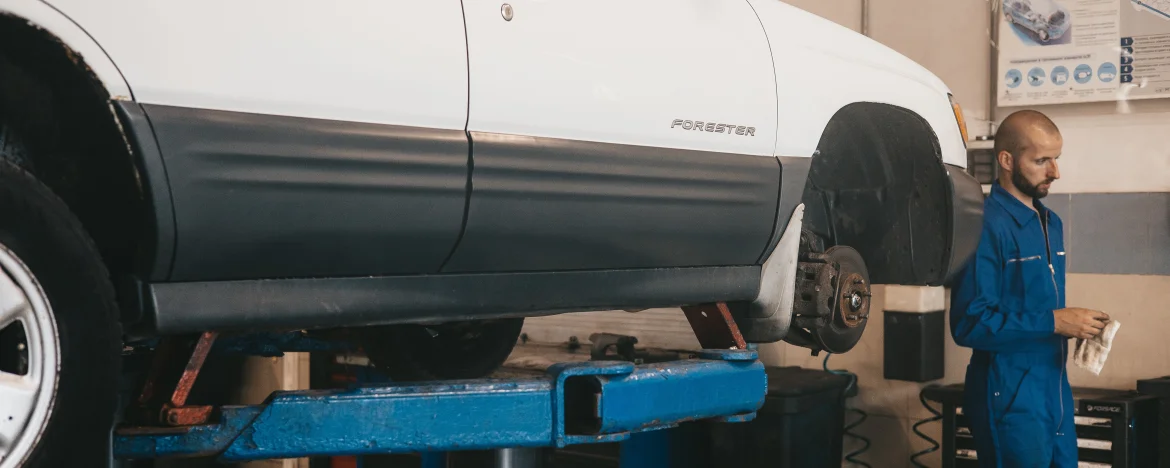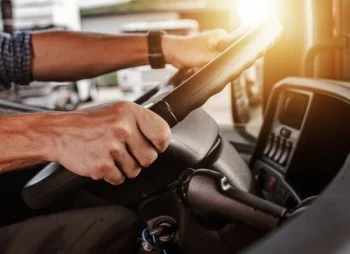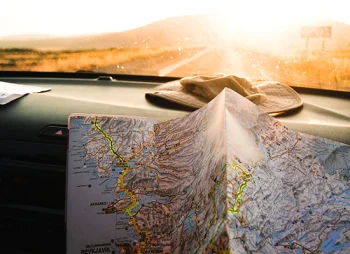Worried about rising fuel prices?
We’ve gathered some of the best fuel saving tricks and put them in a list for you here!
With the ever-increasing fuel prices and the cost-of-living crisis in full swing, drivers everywhere are worried about spending extortionate amounts of money on fuel. At the time of writing, the RAC says the average petrol price is 191.53p per litre, with diesel at 199.03p per litre.
Not happy about those rising numbers?
Not to worry! There are several ways you can improve your fuel economy to save you money as well as reduce your contribution to air pollution. We’ve put together a list of fuel saving tips to help cut the cost of driving.
Ranging from driving techniques to maintenance checks, these are all things you can incorporate into your normal driving routine to save you fuel.
So, if you’re looking for some of the best ways to reduce your fuel consumption, you’ve come to the right place!

